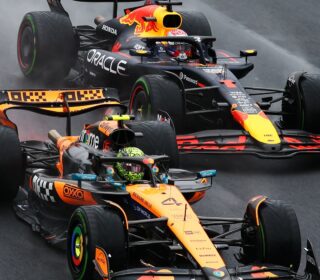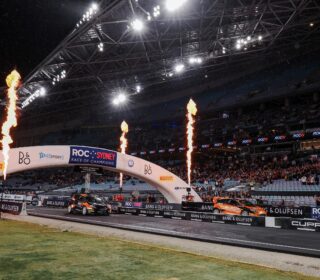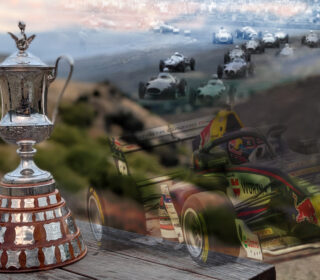The Equity in the Bathurst Date

Richard Craill’s excellent piece on the reasons to move the 2021 Bathurst 1000 date stirred up plenty of chat: should The Great Race return to the October long weekend, stay on the second weekend, or is a November slot not all that radical?
Analysing historic Bathurst enduro dates, the annual pilgrimage to The Mountain was locked and loaded on the long weekend from 1963 for 37 straight years through to 1999, although, from 2001, the event was held on the second weekend of October for 19 consecutive runnings.
But there is much more to the story, with TV and other big-ticket events, like Grand Finals, coming into the equation.
Obviously, the need to change dates isn’t ideal, but anything that gets a 2021 Bathurst 1000 in the books is an insignificant price to pay.
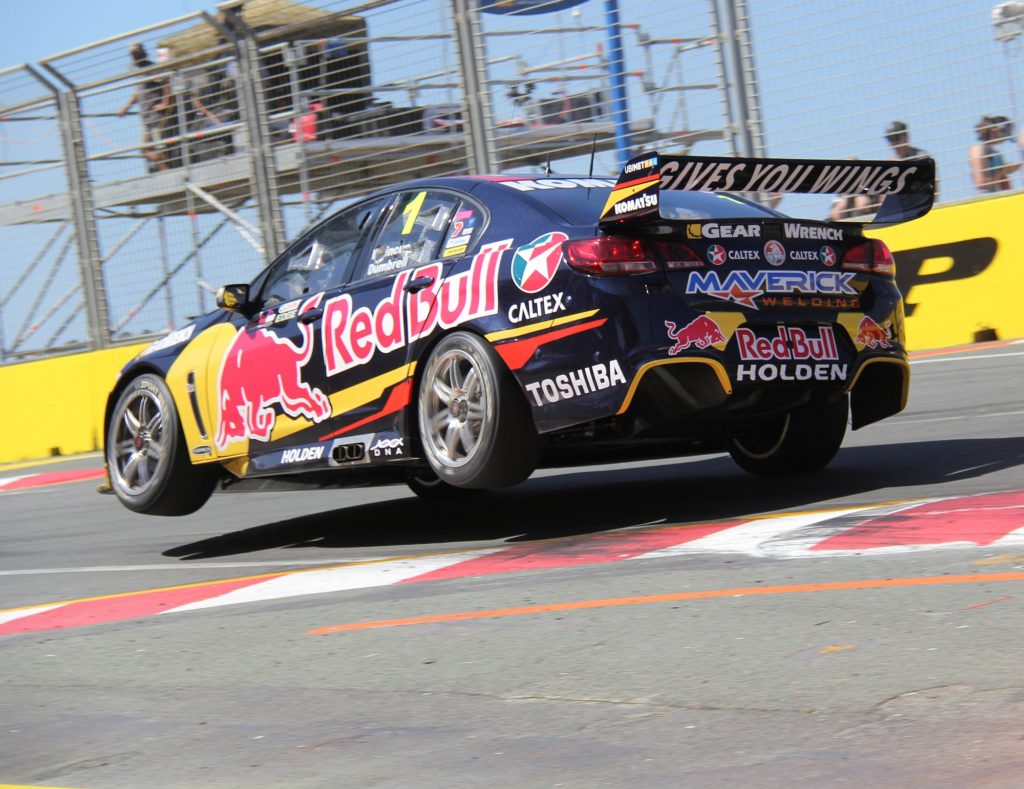
Two weeks after Bathurst came the Gold Coast.
What’s in a Date Anyways? Equity… Mate
Much in the way you can set your watch to the Melbourne Cup being held on the first Tuesday in November, racing at Bathurst used to be a simple affair: Easter for the bikes, the October long weekend for the cars.
And frankly, for all those years, it worked, especially for trackside campers who had a public holiday Mondays to nurse hangovers and navigate a way back home.
We’ve seen a decent level of date equity develop in Supercars circles in recent years: a broadly similar calendar year on year allows for events to organically grow – if it ain’t broke, don’t fix it.
It used to be an Adelaide kickoff followed shortly thereafter by the Grand Prix.
The northern swing during the southern winter would take in Darwin, Townsville and Queensland Raceway.
The 500 preceded the 1000, with Gold Coast two weeks later, and a grand finale on a Sydney or Newcastle street circuit.
Bang done, most of the calendar is pencilled in without even trying, and fans can repeatedly plan their year, reasonably confident that events will occur with favourable weather conditions.
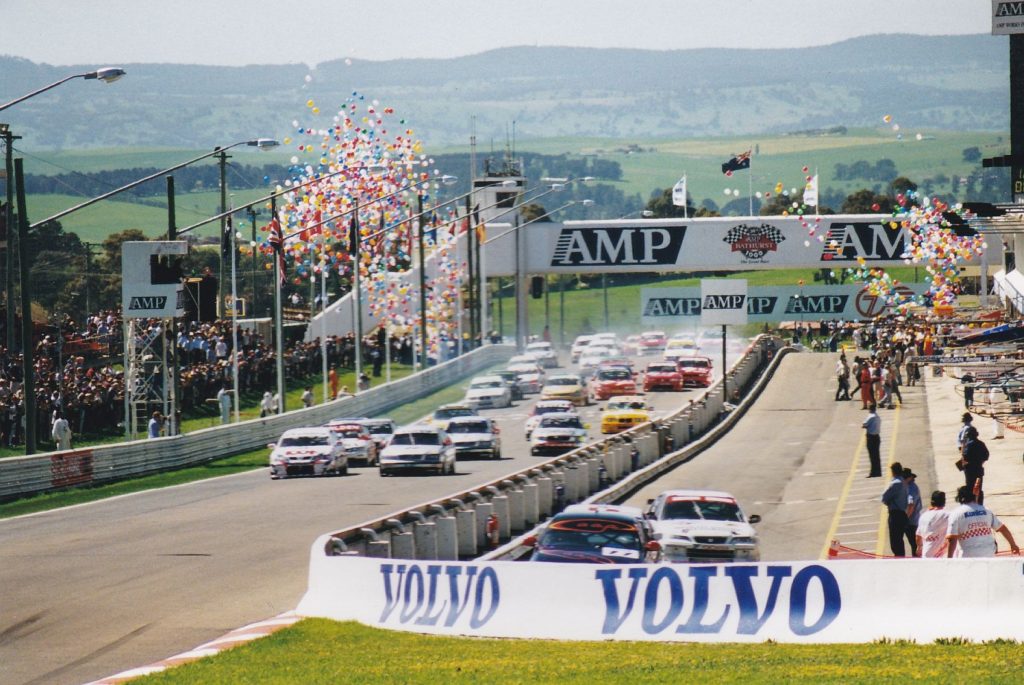
The 1998 Super Touring 1000
There are No Sacred Places
V8 Supercars made a bold entrance onto the motorsport landscape at the start of 1997, organising the rabble of a touring car championship, and providing teams with a stake of ownership in their sport.
At the crux of the development was a TV war: Channel 7, along with its consortium partners such as the ARDC owned the Bathurst 1000, the only event the network was all that interested in covering.
Channel 10, meanwhile, the new kid on the block, had the sleek new Championship but no crown jewel.
The Battle of Bathurst ensued, an excellent tale for another day, with the outcome seeing V8 Supercars create their very own Bathurst 1000 clone, and Channel 7 to pick up the pieces with Super Tourers on their traditional long weekend date.
For the first rebel V8 1000 in 1997, a predatory date only two weeks later in October was chosen, with that moving out to mid-November for its second edition in ’98.
The success or otherwise of the twin 1000s in ’97 could be measured by comparing TV ratings with previous years:
1995: 15.4
1996: 19.3
1997 Super Touring: 11.3
1997 V8 Supercars: 14.7
The long weekend wasn’t the be-all and end-all, but corresponding, the split wasn’t really good for anyone, especially when trying to convince casual viewers to tune in to what appeared to be identical races.
Interestingly for the’98 season, the traditional mid-September Sandown 500 was followed by the now-standard mid-October (non-championship at the time) Surfers Paradise visit, before heading to Bathurst a month later.
For 1999 and 2000, Bathurst joined the championship proper in a points-paying capacity, with the event rounding out the season in mid-November both years.
From 2001 through to 2019, the 1000 moved to the second weekend in October with dates ranging between the 7th and 13th, with the obvious outlier being last year, with a COVID-induced delay to proceedings of seven days.
So that’s it, 1963 through to 2020 tied up into a neat little package.
But what about the original Phillip Island 500, the granddaddy of the race we love today?
For 1960 and ’61, the event was held later in November, while the ’62 version was on the 22nd of October.
If the 1000 does wind up landing in November, perhaps it could become the ultimate throwback round, with a hat tip to its wild beginnings on an island far to the south?
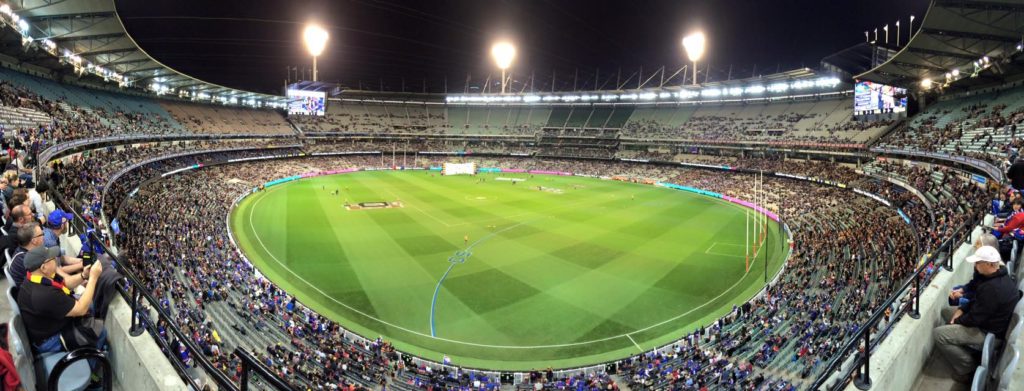
Clearly not a Grand Final at the MCG, for this photo was taken at night.
The Other Players in Town
The thing is, late September to early October is a hectic time in Australian sport, with three stop-the-nation events: The AFL Grand Final, the NRL Grand Final, and the Bathurst 1000.
Especially in modern times, TV plays a massive role in the scheduling of sport, and with Fox Sports having a finger firmly wedged in all three of these pies, claiming some clear air around each event is imperative.
Saying this, nine times since 2006, if you include the 2010 Collingwood V St Kilda AFL Grand Final replay, the AFL and NRL have shared the one weekend for their respective big dances.
All of these shared weekends were one week before Bathurst, with the two codes sharing the same weekend for their respective finals a total of 25 times dating back to 1964.
Interestingly, prior to 1981, rugby league held their Grand Final on Saturdays, which meant that twice since 1960, the finals for both codes were played on the very same day! After the second clash in 1980, rugby league relented and moved its Grand Final to a Sunday fixture.
So what about clashes with Bathurst? Well, there have been a few, all from the AFL side of the equation.
Nine times between 1963 and 1995, the AFL Grand Final was played on Bathurst Saturday, including the 1977 replay between North Melbourne and Collingwood.
The point here is that for all of those clashes, the 7 Network was the host broadcaster for both massive events – although, in those times, the Bathurst coverage was far more compact than the wall-to-wall multi-day extravaganza it is today.
In 1977, 7 produced a Saturday Bathurst preview show, which came a year before the made-for-TV spectacle of the Hardies Heroes top-ten shootout, which was originally edited down to a bite-sized half hour tease.
For instance, the 1984 clash of Bathurst and the Grand Final saw 7 in Sydney show the VFL from 2pm through to 5:30pm, with Hardie’s Heroes shoehorned into the half-hour before the news, in a Saturday schedule that also featured a five-hour marathon of David Cup tennis from 8am.
It’s hard to imagine now, but prior to 1977, the AFL Grand Final was shown on tape delay into Melbourne, although it was broadcast live elsewhere around the country.
Saying that, ’77 was also the first flag-to-flag full live coverage of Bathurst, too.
While Bathurst has generally picked either the first or second weekend in October, the AFL Grand Final has ebbed and flowed around the calendar.
For instance, ten GFs since 2002 have been held two weeks before Bathurst (including the 2010 first Grand Final attempt), while in 1972 and 1990, the Grand Final actually came after Bathurst!
Meanwhile, rugby league has proven to be much more successful at finding a constant home for its Grand Final relative to Bathurst.
For the 41 years after 1979, on 37 occasions, the rugby league Grand Final was held on the week prior to Bathurst, while between 1964 and 1978, every year, the Grand Final fell two weeks before the 1000.
Sidenotes to this include the 1977 Grand Final and replay between St George and Parramatta, which were contested two weeks and one week before the Great Race.
Meanwhile, 1978’s tied Grand Final between Cronulla and Manly fell two weeks before Bathurst, with a quirk of scheduling seeing the teams return to the SCG three days later on Tuesday for a rematch, due to an impending Kangaroos Tour!
The 2000 Olympics saw the NRL schedule a mid-August final that year to allow for preparations to Stadium Australia, before the competition reset for the following season and claim the long weekend slot from Bathurst.
Frankly, there would be no winners if two of the biggest sporting events of the year would be held concurrently only a three-hour drive apart, let alone having the sports-mad nation divide their television attention.
While the AFL has run an inconsistent calendar over the years, it did bump rugby league off Saturday Grand Finals, while league knocked Bathurst off the long weekend.
Hopefully, whenever we wind up getting Bathurst in the bank, it will once again have all eyes solely focused on the Mountain.



